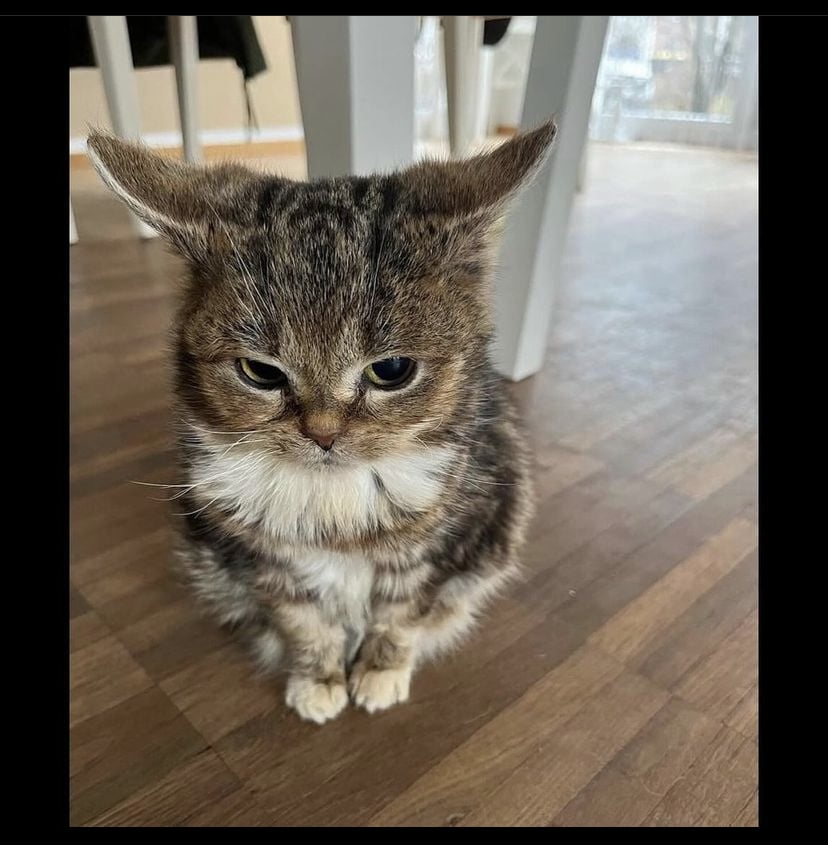As a person who learned English as a 2nd language, I would like it if you could transform the language into gender neutral and end this insanity.
I still get classic genders wrong, this whole LGBTQ movement is confusing me even more when I’m trying to type/speak.
Wait until you learn languages with gendered articles
The thing about grammatical gender is that it doesn’t really have much to do with sex or gender identity. In German, for instance, ‘mädchen’ (girl) is neuter. Gender in French is 98% assigned based on the pronunciation of the three final syllables. In Danish, living things tend to be ‘common gender’ and inanimate objects tend to be ‘neuter’.
It’d be more accurate to call it ‘noun classes’ than gender.
Well, as a German, I wouldn’t agree. Generally, nouns describing men are masculine and nouns describing women are feminine. “Das Mädchen” is just an odd one out because it’s the diminutive (always neuter in German) of “die Maid”, which in turn is feminine.
Yes, this doesn’t really apply to objects, but it mostly does for people.
Child - das Kind - grammatical gender: neuter. Referred to in context using the gender-neutral pronoun ‘es’ (it). The pronoun used correlates with the grammatical gender of the noun used, not the gender of the person referred to.
Eg Ein Kind lacht. Es hat etwas gesehen. (transl: A child laughs. He/she/they saw something.)
I know. But generally, the gender of the noun describing a person correlates with the gender of the person described strongly.
Ok but my point is that when it doesn’t correlate, it becomes clear how grammatical gender is independent from the person’s gender.
It becomes even clearer when you consider all nouns by definition have a grammatical gender - inanimate objects, abstract concepts, etc, even though the thing described clearly doesn’t have a gender. Eg die Tür ist offen. Ich schliesse sie. (transl.: the door is open. I close it.) ‘Sie’ being the female pronoun used to refer to the grammatically female door.
Guarantee most of the people who argue about pronouns on the internet don’t even know a trans person.
and most decent transfolks don’t give a shit about prounouns. they just want to be left alone and stop being made into child raping monsters by politicans looking to scare up the voter base.
I mean… I care about pronouns, so do most of my trans friends, and I’d like to think we’re all “decent” trans folks. It sucks when someone misgenders you. I would also like the conservatives in my country to stop using trans rights as a wedge issue. I can care about both of these things at the same time.
I’d like people to stop screaming at me for misgendering them when I meant no ill-will. Just like I don’t scream at people when they ask me if I’m Italian or when they mispronounce my surname.
God forbid we don’t get pissed off at people for making mistakes, especially strangers.
My boomer parents will die on the hill that it sounds “wrong” to use “they” to refer to a singular entity. And whenever they bring that up, I always remind them that the word “they” has been used in that way for AGES.
Example: “Whose umbrella is this? Did they already leave?”
It doesn’t seem to make a difference.
It was beaten into me in school that this is incorrect. “They” is to be used as a plural pronoun only. It’s commonly used in the singular, but it’s wrong according to the English teachers I had. In referring to a person, you must choose either he or she under those grammar rules.
With that said, maybe it’s time for me to move into the future and accept that the meaning of the word has changed. I am confident those English teachers weren’t concerned about actual gender issues. Now, I think those issues are more important than the technical grammatical issues of English.
I’ve offended people in a social setting by insisting that this is the correct usage, when truly it was just me being autistic and informal rather than political.
Perhaps it was the English teachers who were wrong.
Correct or not, people have been using it like that for a while.
When my brain interpreted ‘they’ singular to refer to a unspecified so-far unnamed person or an already mentioned group, it was definitely confusing to have it suddenly used to refer to someone who had just been referred to by name. This was definitely a novel use of ‘they’ for me at the time and I don’t understand why no-one else ever seems to have this kind of confusion. I did get used to it but I don’t think it’s as universal as some of y’all realise.
Edit: I just learnt the term ‘indeterminate antecedent’ from the Wikipedia article someone else linked. Thanks to them, I just got a little bit smarter. ;-)
If you’re not on-board with the LGBTQ movement, are you a transphobe?



